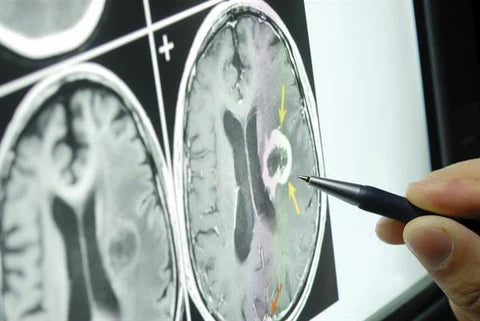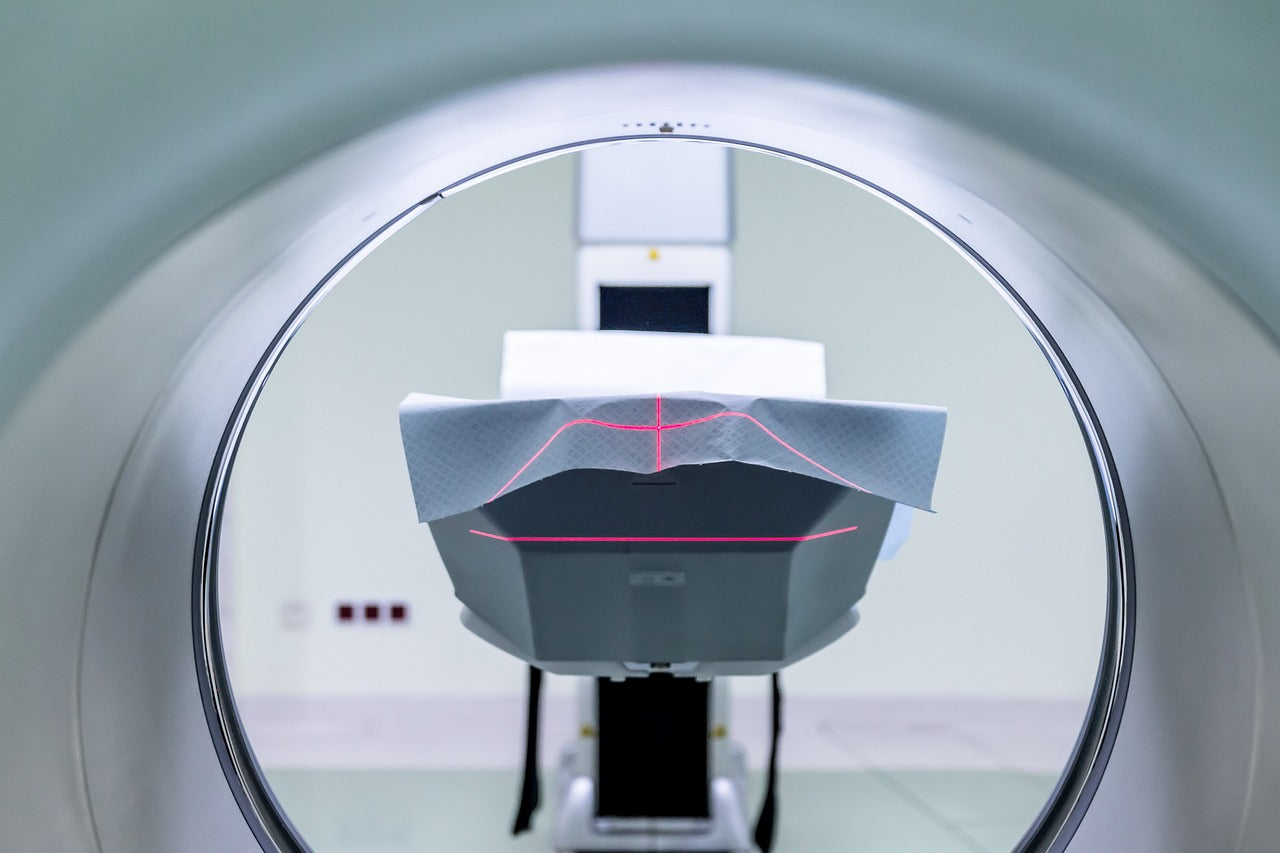Brain Tumour Symptoms
What are the brain tumour symptoms by location?
What are the other brain tumour symptoms?
Frequently Asked Questions:
Are headaches caused by a brain tumour?
Headaches are one of the main symptoms of a brain tumour, but of course there can be many reasons for having a headache. Headaches caused by a brain tumour tend to:
- Be severe and persistent
- Often worse in the morning
- Get worse over a number of days
- Give stabbing pains if you do anything that increases the pressure in your head, for example coughing, shouting, bending over or doing exercise
Are there symptoms of a brain tumour that affect the eyes?
- Squinting
- Worsening vision
- Blurred or double vision
- Restricted field of vision, loss of peripheral vision, blind spots
- Problems with looking upwards or controlling eye movements
- Abnormal eye movements such as flickering eyes
- Head tilt, usually because the patient is turning to see things out of the corner of their eye rather than looking straight at them
- Brief loss, blurring or “greying out” of vision, sometimes triggered by coughing, sneezing or bending down
- As the tumour grows, it may cause the eyeball to bulge forwards. This is known as proptosis.
It is always worth seeing both your GP and an optometrist (optician) to investigate such symptoms. If your doctor suspects the presence of a brain tumour, they will immediately refer you for a scan at a hospital in order to be sure whether or not one is present.
Please remember that there are many reasons why people display these eye and vision-related symptoms, but if any of these symptoms have come on suddenly they may be caused by a blood clot or infections such as meningitis or encephalitis, so it is worth seeking medical advice as a matter of urgency.
How can an eye test detect a brain tumour?
A regular, routine eye test can sometimes detect eye problems that indicate the presence of a brain tumour before any symptoms become obvious.
An eye test is particularly good at identifying any swelling of the optic disc (a condition called papilloedema) and can also identify when there is pressure on the optic nerve. Both of these conditions can be caused by intracranial hypertension (IH), which means a build-up of pressure around the brain, indicating that something is interfering with the normal circulation of cerebral spinal fluid (CSF), or sometimes that there is direct pressure on the optic nerve if a tumour is present in this area.
Symptoms such as unusual dilation of the pupil in one or both eyes, and the colour of the optic nerve, can also indicate that further investigations are required. A test that checks your visual fields may also be useful to include within your eye examination.
Discover more about how a brain tumour is diagnosed.
What are the symptoms of tumours that affect the pituitary gland?
Because the pituitary gland has such varied functions, tumours in this area can be difficult to diagnose. Symptoms are often due to changes in the levels of the hormones that the gland produces and there is a range of reasons why those hormone levels may fluctuate, hence delaying the diagnosis of a tumour.
Symptoms caused by hormonal fluctuations include:
- Delayed puberty in children
- Changes in menstrual periods or early menopause in women
- Increased or decreased sexual drive
- Extreme growth spurts in both children and adults, particularly of either hands or feet
- Unexplained weight gain or loss, sometimes combined with a loss of appetite
- Extreme tiredness and/or listlessness
- Personality changes such as hostility, depression, anxiety
- Low blood pressure
- Loss of muscle mass in adults
- Easy bruising of the skin, often combined with muscle weakness
- Diabetes insipidus, caused by problems with a hormone called vasopressin (AVP), commonly known as antidiuretic hormone (ADH). Symptoms are extreme thirst and/or excessive urination


